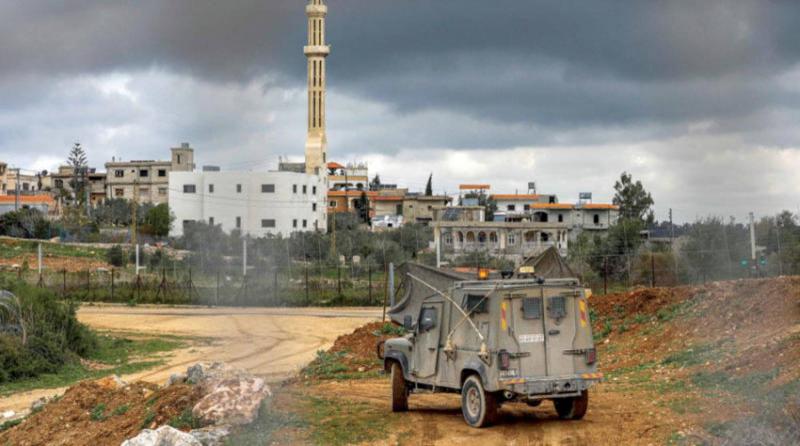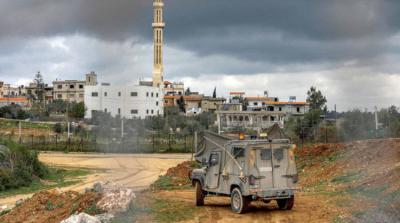A senior Lebanese government official revealed "great optimism about reaching a solution that distances Lebanon from widespread war," within the framework of a "support front" for Gaza, which was launched by Hezbollah against Israel from southern Lebanon on October 8, 2023, the day after the "Flood of Al-Aqsa" operation carried out by Hamas in the Gaza envelope settlement. The official preferred not to provide further details but pointed out the "patience and broad-mindedness of caretaker Prime Minister Najib Mikati in addressing all pressing issues simultaneously." He asked, "What would have happened at this stage if the government had resigned from its duties?"
The official urged the boycotting ministers to attend cabinet sessions "in the spirit of full partnership during this critical period the country is going through." The signs of optimism, which the official did not elaborate on, were evident in the "nearly direct external communication with Hezbollah, and with the Lebanese government regarding the latter's guarantees in areas where Hezbollah's presence is to be avoided south of the Litani."
High-ranking sources disclosed to "Anbaa" that "the communications did not include the official Lebanese military authorities, knowing that they, especially the army leadership, have shown readiness to fulfill their role in the coming phase, similar to what they did from August 2006 until October 7 of last month, which reflected an 18-year period of stability."
A senior former officer noted, "Israel will continue to carry out assassination operations whenever the opportunity arises, knowing that these matters will not be available when reaching a ceasefire agreement in Gaza and special arrangements with Lebanon." The former officer did not confirm in response to a question about separating the Lebanese "support front" from the war in Gaza, while pointing out the "different special arrangements for the day after in both Gaza and southern Lebanon," emphasizing the restriction of Israeli warplanes' movements in Lebanese airspace in the period ahead, distinguishing between international offers regarding this and Lebanese insistence on not violating Lebanese airspace, and Israel's commitment to implement what is stipulated in Resolution 1701.
Simultaneously, communications aimed at cooling tensions on various fronts, particularly in Lebanon, are active in an attempt to keep matters away from escalation and any retaliation that could push the situation toward an explosion, before the scheduled meeting regarding the ceasefire in Gaza next Thursday, which will include high-level countries sponsoring the negotiations.
Lebanese authorities have shown notable responsiveness to international communications as a good faith gesture in cooperating with the trends to cool the Lebanese front, paving the way for a settlement if an agreement or progress is achieved in the ceasefire negotiations. An informed source stated, "Amid high-level public communications regionally and internationally for de-escalation and providing guarantees for a solution, the communications came as warnings in the guise of advice, urging a response to the international effort and avoiding reactions that could lead to uncalculated steps or assessments."
The source added, "The advice warned against giving Israeli Prime Minister Benjamin Netanyahu the opportunity to embark on a venture that drags the West into a war it does not want, capitalizing on the military buildup in the region, and the refusal of Western countries to face Israel alone on multiple fronts."
On another note, a source close to the "Duo" indicated that the absence of Speaker of the Parliament Nabih Berri from the communications forefront, unlike usual, "is intended to give a national character within a general understanding, so that the government is directly responsible for communications and dealings with the international parties working toward a solution."
Additionally, as part of the "psychological warfare" that has become a primary weapon in the confrontation, the Israeli army over the past two days launched drones over the city of Bint Jbeil and the border villages equipped with loudspeakers and recorded messages in Arabic inciting against "Hezbollah" and its leadership.




